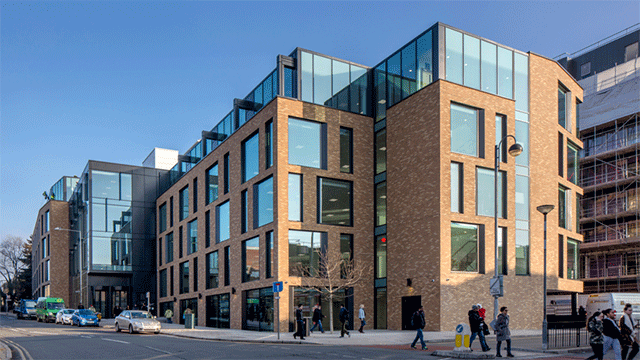 When the votes were counted on the evening of 23 June and early hours of 24 June our opinions towards continued membership of the European Union were shown to vary markedly according to where we lived.
When the votes were counted on the evening of 23 June and early hours of 24 June our opinions towards continued membership of the European Union were shown to vary markedly according to where we lived.
The same can be said of political alignments at general elections. And in recent decades few places across the UK have been faced with voting for the “losing” side more than Scotland. The Scottish National Party now holds 54 of Scotland’s seats in Westminster – notionally two more since the two independents were voted in as SNP candidates. However, this near blue and white wash of Scottish seats still leaves the SNP on the opposition benches.
In the EU referendum 62% of Scottish votes were to remain. This was not, however, enough to send the UK figure above 50%, which came in at 48.1%. Scots, it seems, are talking loudly but not having their voices heard.
The SNP leadership has made the case that since England voted to leave the EU it should do so, but not drag Scotland into “the wilderness” with it. Now, while I do not expect a second referendum on Scotland’s independence, I cannot dismiss it. I do however expect that from the next fiscal year Holyrood will exercise ever greater control over Scotland’s economy, drawing on the powers devolved to it by the Scotland Act 2016. With this in mind, I would like to spend a moment considering the idea that rather than London seeing its businesses relocate to Dublin, Paris, Frankfurt or any other city across the EU, it might be Edinburgh that proves the most significant winner.
The benefits of this would be considerable to Edinburgh’s office and labour markets and prove extremely favourable to Scotland’s wider economy. So how likely is this?
Given the febrile and hubristic nature of things, I cannot dismiss the possibility that the SNP comes to some “understanding” with the European Commission, one which bestows on Scotland some special dispensation over equivalence which is denied to London and England generally.
For both the EU and SNP this would be prove a considerable slight to England’s unilateral vote to take the whole UK out of the union. Were this to happen, it would make Scotland the petri dish to test how important passporting rights into the single market actually are.
While I have considered and dismissed other pretenders to London’s position as European epicentre for financial services, the question is why indeed shouldn’t Edinburgh steal London’s crown? After all, Scotland, and Edinburgh within it, share the same time zone, language, currency, access to skilled labour and general regulatory framework with the wider-UK. And crucially, what isn’t shared with the wider-UK is the sentiment towards the EU, which the SNP and EU can jointly exploit to very powerfully slight London.
So with the right economic and business-friendly policies and collusion between the EU and SNP, there seems to be a strong case for Edinburgh to benefit at London’s expense were passporting and equivalence dispensations to be bestowed on it but denied to London. If this happened, Edinburgh’s office market and general economic gains would be London’s possibly considerable losses.
One only has to consider the increase in the occupancy of prime offices and subsequent requirement to improve and add real estate capacity, and all the multipliers which follow, to appreciate the benefits to Edinburgh of it being an EU Trojan horse within Brexit Britain.
However, this in turn raises a very important question: if Scotland, and Edinburgh in particular, is handed special passporting dispensation because it voted in the majority to remain, why should London be denied the same rights, since it actually voted 60% in favour of continuing within the EU?
Savvas Savouri is chief economist at Toscafund










